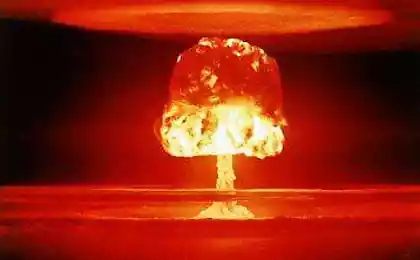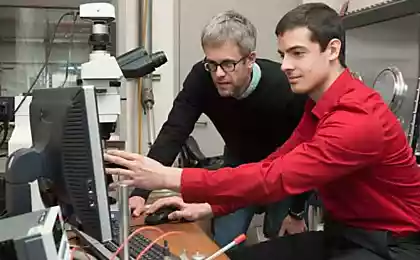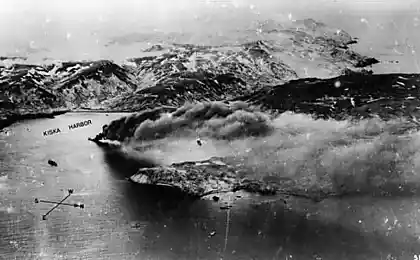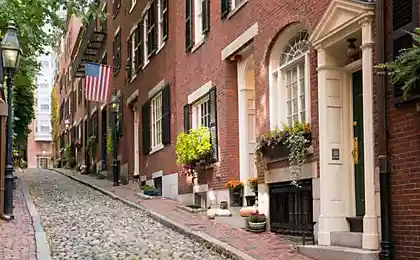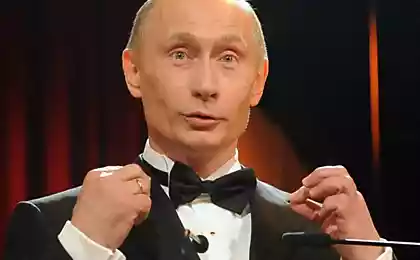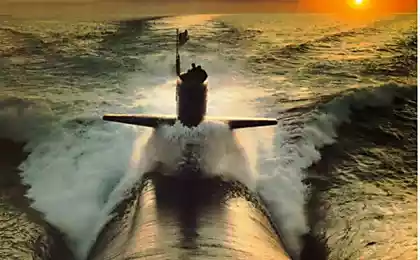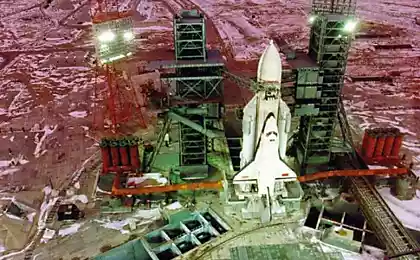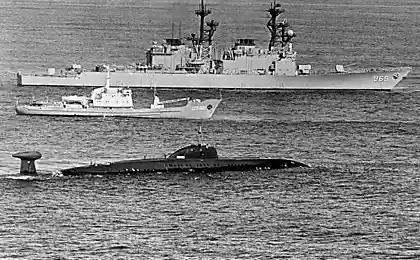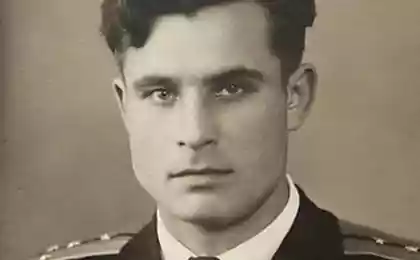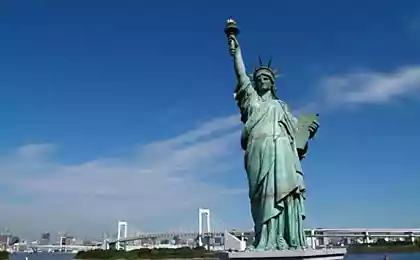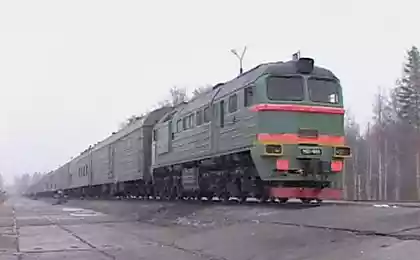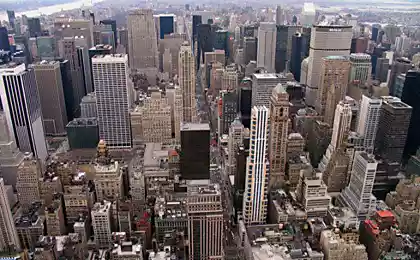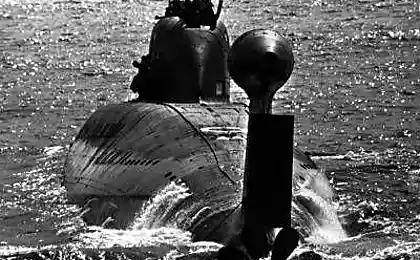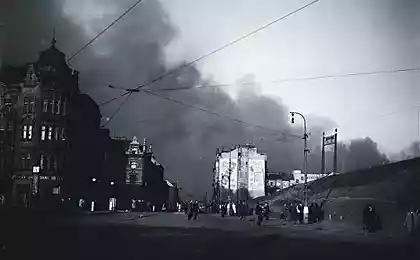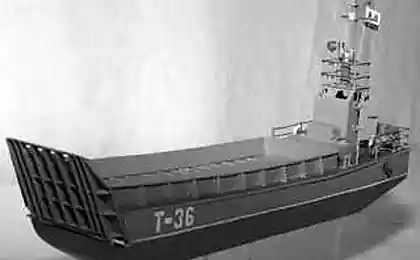600
The Americans shocked efficiency
Modern Russian army is not the one that has proved so weak in Afghanistan, says in an article for The Washington Post, David Ignatius. According to the journalist, now it's - well-organized and disciplined organization whose professionalism has helped to avoid bloodshed in Crimea.
Judging by the photos showing the actions of the Russian special forces soldiers in the Crimea, the following conclusions, wrote in an article for The Washington Post, David Ignatius. They operate in secret, unmarked and often cover their faces. They are disciplined and determined.
Diplomatic reaction to the Russian intervention in the Crimea still continues, but the power of the Pentagon had already begun to evaluate the results of lessons learned. The overall result is that, according to the journalist, the Russian action in the Crimea became a lesson in speed placement of special forces in order to achieve a strictly limited purpose.
"The Russian troops struck me most is the level of discipline, training and cooperation", - said Paul Saunders, executive director of the national interests.
At the beginning of the crisis in the Crimea, there were about 15,000 Russian troops, said David Ignatius. Within a few days for them to quickly join special forces numbering about 5,000 fighters. Military analysts said the journalist noticed some interesting features of the Russian troop deployment. President Vladimir Putin, a former KGB lieutenant colonel, rather covert operation open military intervention.
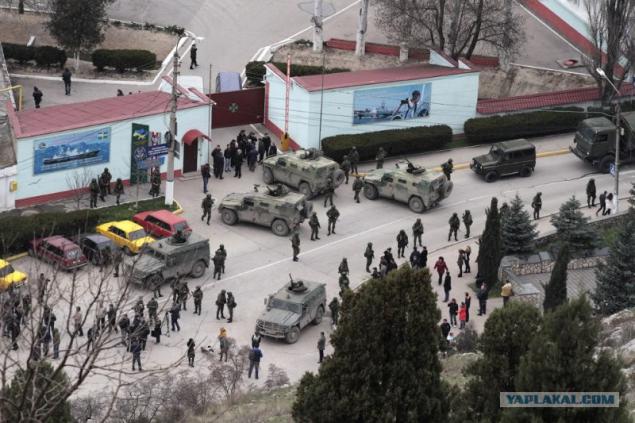
Since the troops had no markings, March 4, at a press conference, Putin denied that it was the Russian military. "Go to the store with us, and you buy it any form," - he answered a reporter's question. March 5 the President supported the Russian Defense Minister Sergei Shoigu has called "utter nonsense" allegations that the Russian troops invaded the Crimea.
This denial of the real facts, according to the journalist, was very helpful. Russia has managed to cover the "fig leaf of legitimacy illegal intervention". In addition, it would allow Putin to distance themselves from what is happening in the case if it turned the murder of Ukrainians.
In addition, Putin has shown a willingness to take risks. The blood is not shed, according to the journalist, but Putin could not have known when I started all this. That is why the discipline of Russian troops is so important - their professionalism reduce the risk of incidents.
Finally, Putin has prepared a "rationale for its intervention," wrote David Ignatius. Putin acted to protect Russian citizens and Russian-speaking population in Crimea. He was supported as the Crimeans and Russians. However, this pattern of behavior, according to the journalist, can be used to protect the Russian in Russia's neighboring countries (Eastern Ukraine and Transnistria).
Experts say it is less likely that Putin opposes neighboring countries such as Latvia and Lithuania. Such operations against NATO member countries will require more military presence, as well as check the readiness of the Alliance to act in defense of its members in accordance with Article 5 of the NATO Charter. This risk Putin may not be ready, says David Ignatius.
A well-organized operation in the Crimea shows improvement in the quality and training in the Russian army. 10 years ago, in Chechnya and in 2008 in Georgia, they are, according to the journalist, much less acted in unison. It is obvious that Russia is starting to get a result of increased funding and modernize its army.
"In short, today's Russian army is not the one that proved to be so weak in Afghanistan. She is well trained, it operates unobtrusively and efficiently uses a small area of occupancy. It is obvious that Putin did not stop the military exercises of NATO, which signaled the willingness of the alliance to protect their members, but the organization did not show readiness to stop the secret operations of Russia in a friendly neighboring region ", - says the journalist in an article for The Washington Post.
Reader Comments The Washington Post:
Alexander71rus: What are you talking about? No one does not need war. People interested in profit and not to become soldiers. Russia is strong, and you have to respect it. Well, or reset the bomb to some poor African country, to let off steam.
Saragio Tatti: Yes, how dare the most vicious aggressor world, yes, I mean you, America, talking about democracy? Hypocrites!
Turkerm: Personally, I think that you perehvalili Putin and his army. They are "captured" a small region with a population that has historically been Russian and supported the accession of the territory. It is better to let me know when they start to control Chechnya.
GreenMountainBoys: We learned that Putin was a lot smarter than Obama. Putin had learned that a neighbor could annex the territory, and he get away with it.
LibertyLemming: Oh, Crimea - this is the place. Thank God, there is war, otherwise I would not have learned the geography.
Source
Photo: FILIPPO MONTEFORTE / AFP
Source:
Judging by the photos showing the actions of the Russian special forces soldiers in the Crimea, the following conclusions, wrote in an article for The Washington Post, David Ignatius. They operate in secret, unmarked and often cover their faces. They are disciplined and determined.
Diplomatic reaction to the Russian intervention in the Crimea still continues, but the power of the Pentagon had already begun to evaluate the results of lessons learned. The overall result is that, according to the journalist, the Russian action in the Crimea became a lesson in speed placement of special forces in order to achieve a strictly limited purpose.
"The Russian troops struck me most is the level of discipline, training and cooperation", - said Paul Saunders, executive director of the national interests.
At the beginning of the crisis in the Crimea, there were about 15,000 Russian troops, said David Ignatius. Within a few days for them to quickly join special forces numbering about 5,000 fighters. Military analysts said the journalist noticed some interesting features of the Russian troop deployment. President Vladimir Putin, a former KGB lieutenant colonel, rather covert operation open military intervention.

Since the troops had no markings, March 4, at a press conference, Putin denied that it was the Russian military. "Go to the store with us, and you buy it any form," - he answered a reporter's question. March 5 the President supported the Russian Defense Minister Sergei Shoigu has called "utter nonsense" allegations that the Russian troops invaded the Crimea.
This denial of the real facts, according to the journalist, was very helpful. Russia has managed to cover the "fig leaf of legitimacy illegal intervention". In addition, it would allow Putin to distance themselves from what is happening in the case if it turned the murder of Ukrainians.
In addition, Putin has shown a willingness to take risks. The blood is not shed, according to the journalist, but Putin could not have known when I started all this. That is why the discipline of Russian troops is so important - their professionalism reduce the risk of incidents.
Finally, Putin has prepared a "rationale for its intervention," wrote David Ignatius. Putin acted to protect Russian citizens and Russian-speaking population in Crimea. He was supported as the Crimeans and Russians. However, this pattern of behavior, according to the journalist, can be used to protect the Russian in Russia's neighboring countries (Eastern Ukraine and Transnistria).
Experts say it is less likely that Putin opposes neighboring countries such as Latvia and Lithuania. Such operations against NATO member countries will require more military presence, as well as check the readiness of the Alliance to act in defense of its members in accordance with Article 5 of the NATO Charter. This risk Putin may not be ready, says David Ignatius.
A well-organized operation in the Crimea shows improvement in the quality and training in the Russian army. 10 years ago, in Chechnya and in 2008 in Georgia, they are, according to the journalist, much less acted in unison. It is obvious that Russia is starting to get a result of increased funding and modernize its army.
"In short, today's Russian army is not the one that proved to be so weak in Afghanistan. She is well trained, it operates unobtrusively and efficiently uses a small area of occupancy. It is obvious that Putin did not stop the military exercises of NATO, which signaled the willingness of the alliance to protect their members, but the organization did not show readiness to stop the secret operations of Russia in a friendly neighboring region ", - says the journalist in an article for The Washington Post.
Reader Comments The Washington Post:
Alexander71rus: What are you talking about? No one does not need war. People interested in profit and not to become soldiers. Russia is strong, and you have to respect it. Well, or reset the bomb to some poor African country, to let off steam.
Saragio Tatti: Yes, how dare the most vicious aggressor world, yes, I mean you, America, talking about democracy? Hypocrites!
Turkerm: Personally, I think that you perehvalili Putin and his army. They are "captured" a small region with a population that has historically been Russian and supported the accession of the territory. It is better to let me know when they start to control Chechnya.
GreenMountainBoys: We learned that Putin was a lot smarter than Obama. Putin had learned that a neighbor could annex the territory, and he get away with it.
LibertyLemming: Oh, Crimea - this is the place. Thank God, there is war, otherwise I would not have learned the geography.
Source
Photo: FILIPPO MONTEFORTE / AFP
Source:

